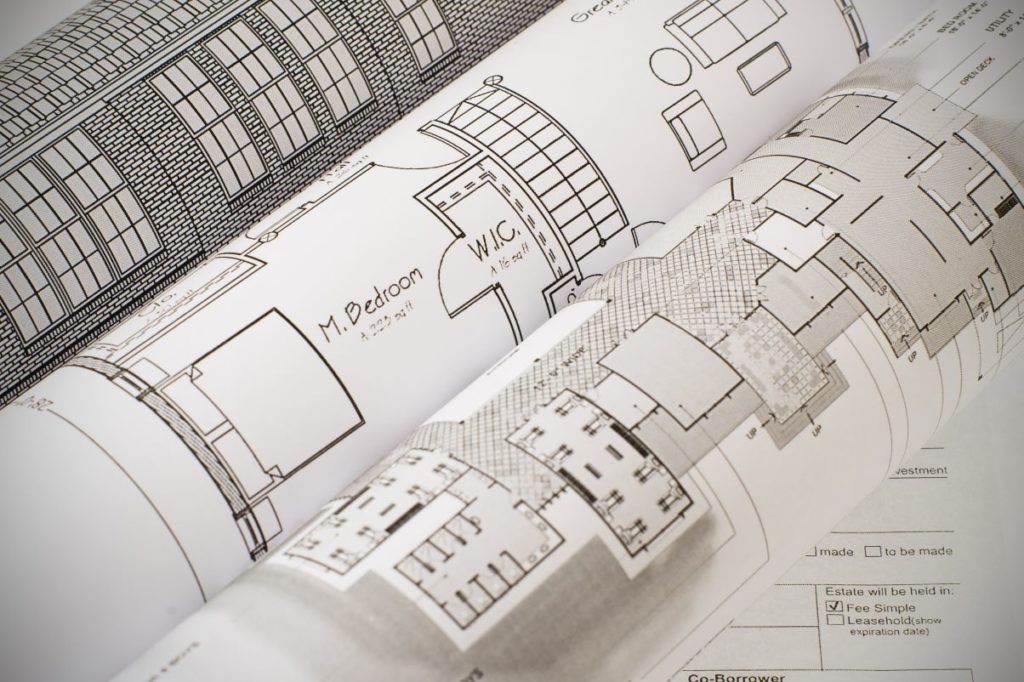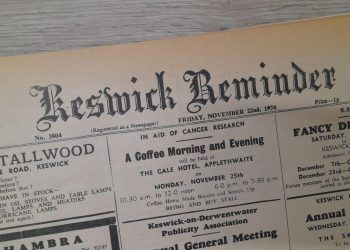
A Braithwaite farmer who applied for permission to put a caravan on his land to “urgently” house an agricultural worker has been turned down by Lake District planners.
The decision comes amid claims that tourism businesses across the Lakes are routinely granted planning permission by the LDNPA to house staff in the grounds of their establishments.
Lake District National Park Authority officials refused the application which was made on behalf of Steven Clark, of E Clark and Sons, of Braithwaite New Farm, Braithwaite.
With local housing in short supply, Mr Clark’s planning agent Bruce Armstrong-Payne, of Stainton, told planners that the mobile unit was urgently needed for overnight accommodation for a farm worker.
The national park, he said, could help the farm get the unit by granting a “certificate of lawful use” to help strengthen its case when applying to Allerdale Borough Council for permission to get a caravan site licence.
Mr Payne told planners: “The principles involved with this type of development are already well-established through the siting of staff units in the grounds of hotels.
“I consider the same arguments would apply where the unit is within the curtilage of an agricultural business and is in use for an agricultural worker.”
Yet planners suggested that the mobile unit could cause a potential future problem and that it represented a material “change of use” so full and proper planning permission was required rather than a certificate of lawfulness.
The park said in its decision: “The application states the mobile home would be occupied by an agricultural worker who would be employed at Braithwaite New Farm. No precise details of hours of work or duties have been provided.
“Outside of working hours the occupants would occupy the unit as a place of residence with the usual activities associated with such a use which would be distinctly separate from the farming enterprise.
“Were the farming enterprise to cease to operate then residential accommodation would still be able to be occupied and would not be reliant on work provided by the business.
“The outward effects of the accommodation would involve the usual comings and goings associated with a residential unit.
“These in my view would be seen over and above the existing use on the site.”








